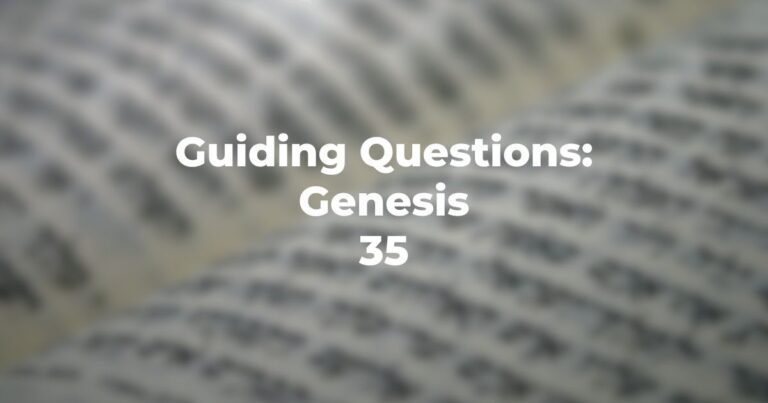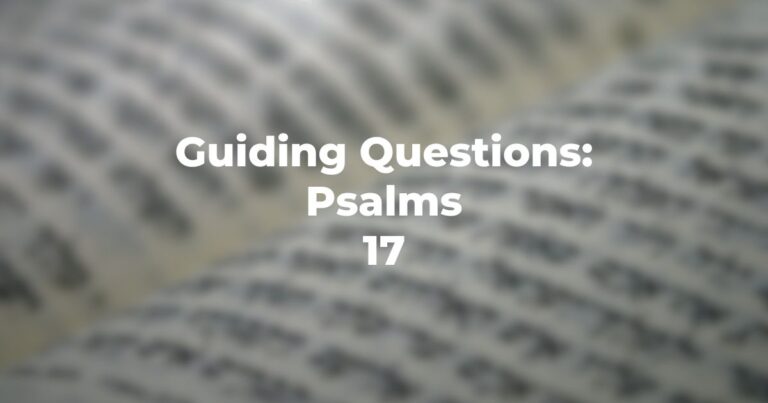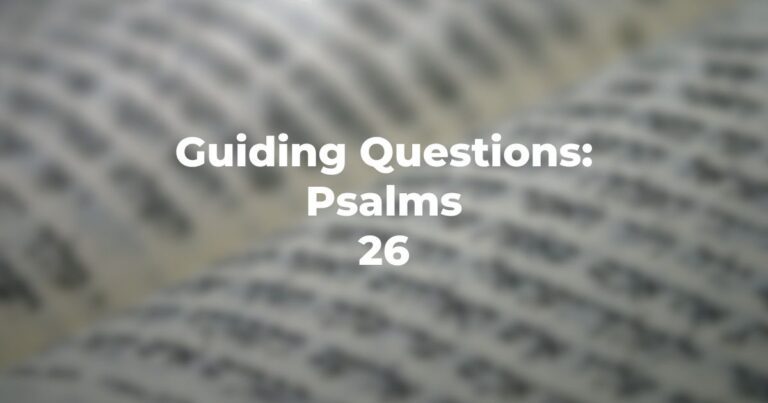- In the opening passages, the prophet voices a plaint (Ezekiel 21:5) — what is his observation?
- Do Ezekiel 21:6 and the verses which follow, in their specificity, respond to the prophet?
- How can the end of Ezekiel 21:8 and the beginning of Ezekiel 21:9 be explained with its “lumping together” of the righteous and the wicked?
- Is the destruction to be long in coming or is it imminent (Ezekiel 21:11-12)?
- Will the destruction spare the leaders of Israel or will they be included in the slaying (Ezekiel 21:17)?
- Ezekiel 21:19-22 continue the prediction of carnage — would it appear that the destruction will be “one time” or repetitious?
- Would Ezekiel 21:23 with the reference to “choosing one of two roads” indicate any difference in whichever road is chosen by the Babylonia ruler?
- In Ezekiel 21:29, the destruction promised is a consequence of what action on the part of those to be destroyed?
- Specifically, what is said of the ruler of Israel (Ezekiel 21:30)?
- In Ezekiel 21:33, might the Ammonites be an oblique reference to the Babylonians themselves?
- In Ezekiel 21:35-37 the sword is described as returning to the place where it was created and the land of its origins; does this refer, then, to the future punishment of Babylonia?
- In conclusion, then, while Babylonia is “an instrument” for penalizing Israel/Judea, is it, in itself, to be spared?
Author
-

Exploring Judaism is the digital home for Conservative/Masorti Judaism, embracing the beauty and complexity of Judaism, and our personal search for meaning, learning, and connecting. Our goal is to create content based on three core framing: Meaning-Making (Why?), Practical Living (How?), and Explainers (What?).
View all posts





